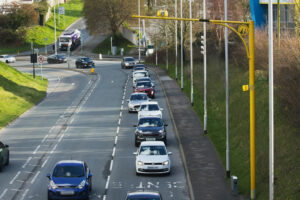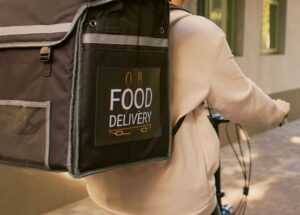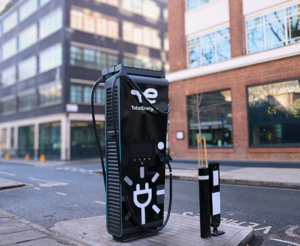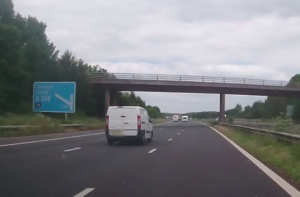Smart-ticketing specialist, UrbanThings has won a grant from Innovate UK to develop technology needed to ensure safer travel on public transport following the COVID-19 pandemic.
The Fast Start Competition has been looking for business-led innovation in response to the global disruption caused by COVID-19 with the aim to fast-track any development of innovation that will help society return to normal.
The UrbanThings solution is a social distancing and contact tracing platform for public transport. It is vital to ensure that the nation’s transportation systems can continue to function following the pandemic, and this presents a challenge for operators who need to ensure that the required social distancing measures are met.
Its solution allows public transportation networks to enforce adequate social distancing by capturing and sharing vehicle occupancy data, and then feeding it back to the operators and their passengers. The system will integrate with external sources of passenger boarding data, such as smart-card tap in data. As the solution is account-based, it also has the potential to integrate with emerging contract tracing applications.
The aim is to provide safer travel for passengers, and for transport operators to have the data required to enforce social distancing measures by adjusting their fleet capacity to meet demand.
Carl Partridge, CEO at UrbanThings said “We are delighted to have been awarded this grant from Innovate UK. With the nation slowly returning to work, we will begin to see the number of passengers using public transport steadily increase. This poses a huge challenge. Our technology will help operators manage their fleets based on demand, making it easier for them to ensure social distancing on their vehicles.”
The way in which passengers take public transport will inherently change following the COVID-19 outbreak. It’s something that public transport operators couldn’t have planned for, but now need solutions to and quickly. Whilst the end of cash payments is a blessing for most operators, the challenge of managing their fleet and ensuring the safety of their passengers still needs to be addressed.”
























